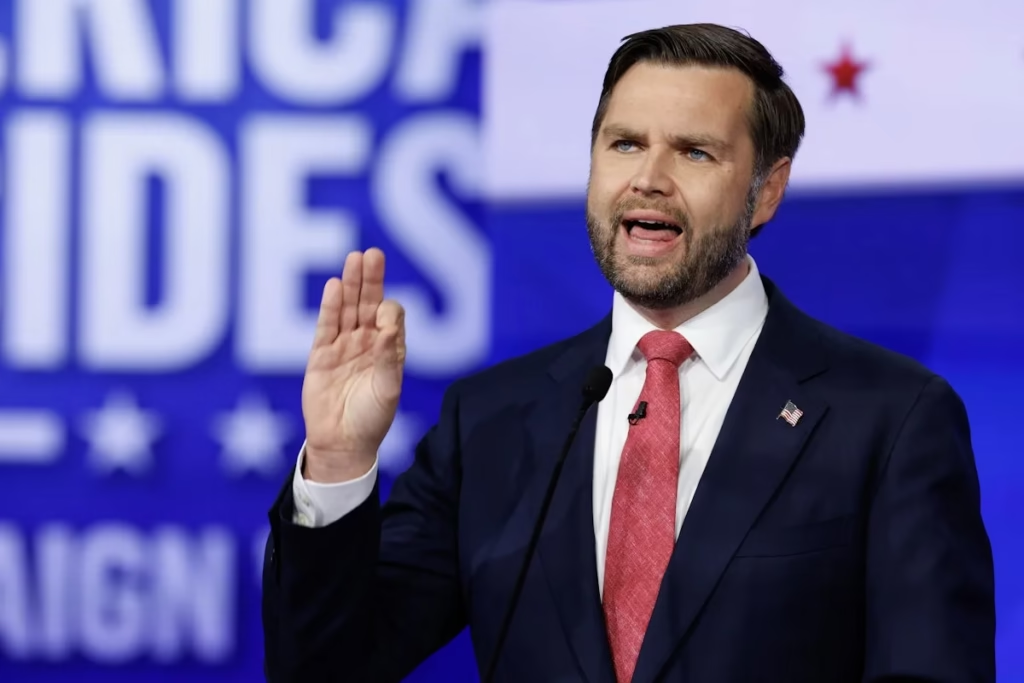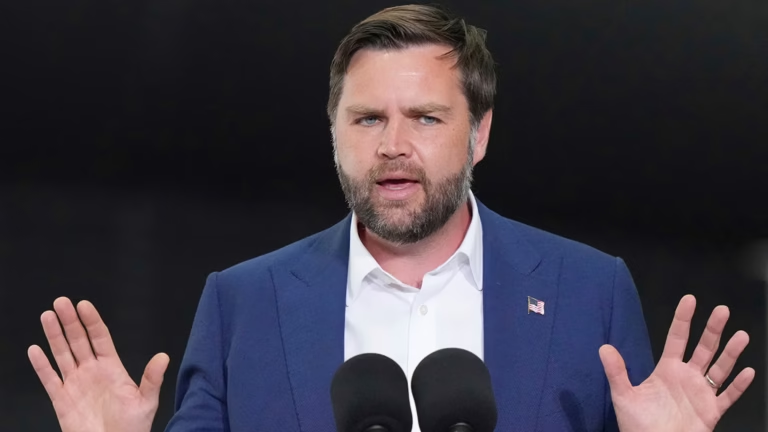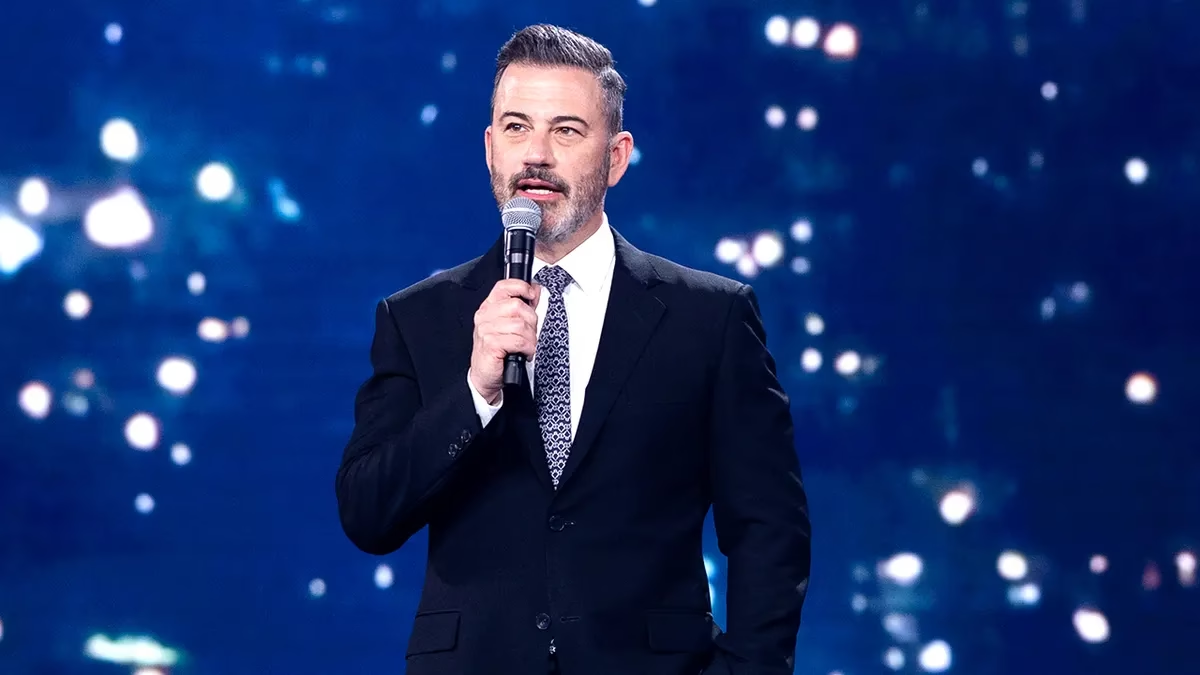
United States Vice President JD Vance has made one of his most direct statements yet about his preparedness to assume the presidency if a sudden crisis were ever to strike the White House. Speaking in an interview with USA Today this week, Vance stressed that while he firmly believes President Donald Trump remains in excellent health, he is also ready to step up if a “terrible tragedy” were ever to occur.
The comment has sparked political conversations across Washington and beyond, as it reflects both loyalty to the president and a clear assertion of Vance’s own readiness for the highest office in the land.
A Confident Statement of Readiness
Vance, who has served as vice president for just over 200 days, described his time in the White House as “on-the-job training” that has already prepared him for the responsibilities of the presidency. “If, God forbid, there’s a terrible tragedy, I have the experience and the ability to step in,” Vance told USA Today.
Still, the Ohio senator-turned-vice president made sure to reiterate that President Trump is in strong physical and mental health, dismissing speculation about any possible decline. “The president is in great health, and I’m confident he’ll serve his full term,” Vance said. “But part of the job of being vice president is being prepared for every possibility.”
Balancing Loyalty and Leadership
JD Vance’s statement walks a fine line between reassurance and preparation. On one hand, it seeks to silence critics who question Trump’s ability to serve another four years, given his age and high-pressure schedule. On the other, it positions Vance as a capable successor should unforeseen events unfold.
This dual message is particularly important in American politics, where the vice presidency is often defined by both loyalty to the commander-in-chief and the readiness to assume office at a moment’s notice. From Lyndon B. Johnson stepping in after John F. Kennedy’s assassination to Gerald Ford assuming the presidency after Richard Nixon’s resignation, U.S. history shows the necessity of vice presidents being prepared for unexpected transitions.
Vance’s assurance taps into that tradition, reminding voters and party members that the White House has continuity built into its structure.
Why This Matters Now
The statement comes at a time when health and age have become recurring topics in American politics. President Trump, now in his late 70s, has been scrutinized by both allies and critics for his fitness to lead. Though Trump’s rallies, speeches, and frequent appearances project energy, concerns persist among opponents.
By affirming Trump’s vitality while also emphasizing his own preparedness, JD Vance not only reassures Trump’s supporters but also projects himself as a serious national leader. Political analysts suggest that this was not just about calming nerves—it was also about subtly elevating his own profile on the national stage.
A Rising Political Star
JD Vance’s journey to the vice presidency has been rapid and remarkable. Best known as the author of Hillbilly Elegy, a memoir that captured the struggles of working-class Americans, Vance became a household name long before he entered politics. His sharp commentary on cultural and economic issues made him a natural fit within Trump’s populist movement.
In 2022, Vance won his Senate seat in Ohio with Trump’s endorsement, positioning himself as a new-generation conservative voice. Just two years later, he was on the Republican ticket as Trump’s running mate.
Now, as vice president, Vance finds himself in one of the most powerful positions in American politics, with a growing base of supporters who see him as the future of the party.
Political Reactions
The statement has drawn mixed reactions across the political spectrum. Supporters of the administration see it as a responsible and reassuring declaration. “That’s exactly what you want from a vice president—confidence in the president, but also readiness for any situation,” one Republican strategist told Politico.
Critics, however, argue that the timing and tone of the remarks could be read as political posturing. Some Democrats have suggested that raising the possibility of tragedy, even hypothetically, might stir unnecessary speculation about Trump’s health.
Nonetheless, the fact remains: by speaking openly about his ability to serve as president, Vance has made himself part of the broader national conversation about leadership and succession.
Looking Ahead
Whether or not such a tragedy ever occurs, JD Vance’s words serve as a reminder of the gravity of the vice presidency. The office is often mocked as ceremonial or secondary, but in reality, it carries immense weight. Vance’s readiness underscores the constitutional role of the vice president as both a partner and a potential successor to the president.
As the administration continues to push its policies and prepare for upcoming elections, Vance’s visibility will likely increase. His statement ensures that Americans—and the world—know he is not only standing behind Trump but also standing by to lead if called upon.
Conclusion
JD Vance’s declaration that he is “ready to serve as President” if a terrible tragedy were to occur captures both loyalty to Donald Trump and a clear assertion of his own capability. It is a reminder of the fragility of political leadership, the unpredictability of events, and the importance of always being prepared.
For now, President Trump remains active and healthy, and Vance continues to learn on the job. But in American politics, moments like this can define the public perception of leaders for years to come. Vance has made it clear: he is not just a vice president—he is a president-in-waiting, ready to step forward if the nation ever requires it.



